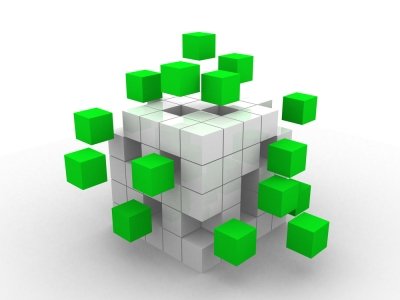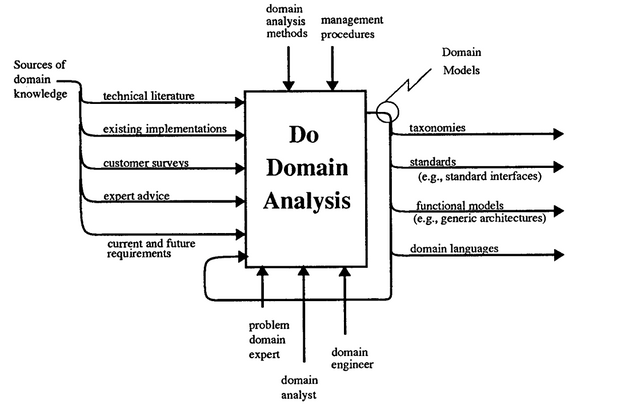Articles from this series
- Information science - Introduction
- Information science – Uniqueness and essential questions
- Information science – Philosophical approaches
- Information science – Paradigms
- Information science – Epistemologies
- Information science – What is information?
- Information science - Terminology (Knowledge, Document)
- Information science - Terminology (Collections, Databases, Relevance)
Main source
Introduction to Information Science - DAVID BAWDEN and LYN ROBINSON

Domain

Let me explain right at the start that internet domain is not what is understood under the term domain in information science. It’s MUCH more complex than that. Information domain is a set of information systems, services, sources and processes held together by mutual interest of a group of people with, more or less, same aim. Typical example is a science field – physics, philosophy. It also is a profession, or a hobby. Domains are defined by three main dimensions: ontological, epistemological and sociological.
Ontological dimension defines the core mutual object of interest. For botany its flora, for theology its god. It is the most frequent way of defining a domain.
Epistemological dimensions defines the domain through mutual kind of knowledge, different paradigms connected to the same topic, or different ways of perceiving individual matters of mutual topic.
Sociological then defines the domain just as any of you would imagine. Its measures different groups of people belonging to same domain.

Why is it important to distinguish between different domains you might ask? The effectivity of anyone who wants to contribute to any science field (or any other domain), significantly increases when the person knows the “information needs” of the selected domain. Or such a person can at least help with finding the necessary information. Its important to know what information and knowledge comes under the domain, what kinds of information sources are available and who created them, which publications have already been released, in which languages and how old they are, etc.
It basically is helpful for old “veteran scientists” because they can more effectively navigate themselves in all the information available, “young scientists” because they can catch up faster with the more knowledgeable ones, but also for the “information specialists”. Those are not scientists, but rather people that understand the basic concept of any domain and its terminology. They can then provide help to anyone, who lacks “information literacy”.
